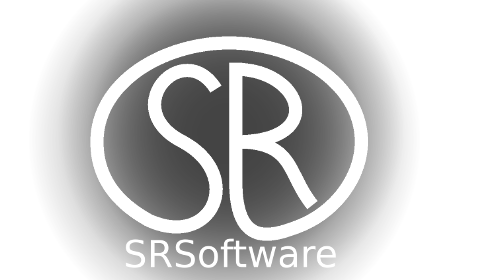This is my research topic!
In this project the relevance of bacterial interactions on the performance of pollutant degradation in the soil shall be investigated. Biological degradation plays a major role in natural attenuation of organic contaminants in the soil. Thus, plenty of knowledge about degradation by single bacteria strains has been elaborated in laboratory studies, and may now be integrated in consortia models by means of computational methods. Thereby we aim to predict possible behaviour, which shall then be tested in laboratory experiments.
Microbial activity performed by interacting species is an important factor for subsurface ecosystems. Data on the metabolic power of many bacterial species has been investigated and collected in databases for years. Derived network models allow for the computation of metabolic fluxes and estimation of contaminant degradation. The aim of my project is to extend analysis beyond single species models to obtain more complex interaction networks by means of algorithms and tools to integrate collected knowledge from databases into community models. This will enable investigation of bacterial interaction on the metabolic level, and ultimately, prediction of the degradation potential of bacterial communities. The obtained theoretical results will be verified and refined by laboratory experiments.
Expertise of Involved Groups:
The proposed project allows integrating the expertise of the involved research groups in a research area which is directly at the focus of the actual research program of the UFZ the cluster Ecology of Contaminant Degradation (POFII Prog. 4/Topic 5/Cluster 3) is aiming at a better understanding of microbial degradation processes. The Bio Systems Analysis group at FSU Jena (P. Dittrich) brings in extensive experience in modeling and simulation of complex reactive systems. The group is member of the Jena Centre for Bioinformatics, which has been evaluated as the best BMBFfunded bioinformatics centre in Germany. The expertise of the group specifically includes algebraic reaction network analysis methods, e.g. the theory of chemical organizations developed by this group has been applied successfully to various largescale (regulated) metabolic network models. The project will also benefit from collaboration with Prof. S. Schuster (FSU), who has introduced elementary mode analysis and who is applying game theory to describe the dynamics of microbial communities. At the UFZ, the working groups Geomicrobial Reactive Transport Systems (M. Thullner, F. Centler) and Microbial Systems Ecology (I. Fetzer) at the Department of Environmental Microbiology (UFZ) have several years of experience in the reactive transport modeling of biogeochemical reaction networks, the analysis of microbial kinetics and factors controlling it, species environment contaminant interactions, assessment of population dynamics, and determination of trophic structures.
Moreover, their research addresses questions on dynamics of microbial communities and their ecosystems processes, and the resistance and resilience of their structural and functional stability.
